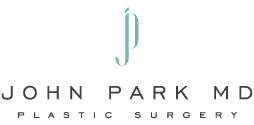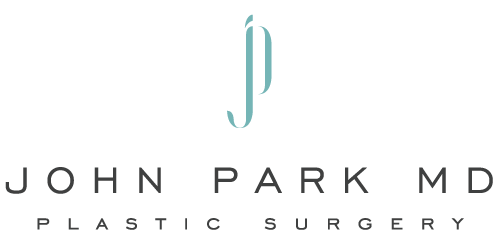
17 Oct Breastfeeding After Breast Implants: Can Periareolar Breast Augmentation Affect Your Experience?
Can Breast Implants Impede Breastfeeding?
Breast augmentation is one of the most popular cosmetic surgeries in the United States, with more than 300,000 being performed in 2018 alone. Many women are unaware that multiple methods exist for inserting breast implants. Common options include incisions on the breast crease, through the armpit, belly button, and areolar. However, many women that are also considering pregnancy and breastfeeding, in particular, wonder if opting for a periareolar breast augmentation can impact the ability to nurse.
Issues that can impact breastfeeding
Concerns about breastfeeding after breast implants are understandable. Many people assume that the surgery can damage the areolar area, causing irreparable harm to the nerves and milk ducts. But several factors can impact a person’s ability to nurse or even express milk. These factors usually center around the general header of low milk supply. The most common reasons include polycystic ovary syndrome (PCOS), hypothyroidism, radiation in the breast area, scar contracture, and even not having enough glandular breast tissue. Still, keep in mind that the percentage of new mothers that face the above issues is small.
Do periareolar augmentations prevent breastfeeding?
Contrary to some assumptions, research has proven that having a breast augmentation that relies on an areolar incision won’t increase the risk of experiencing breastfeeding issues. In particular, the low risk is because nerves and ducts responsible for lactation are not immediately under the areola. While experts can’t guarantee that no risks are attached to the procedure, little evidence suggests that this particular type of breast augmentation increases concerns.
What does the research say?
The closest research suggests simply that individuals with breast implants are less likely to rely solely on breastfeeding as a food source for a baby. One study reviewed previous case studies that compared breastfeeding rates in women with implants versus individuals without implants. The final results proved that a minimal difference existed between the implant and non-implant groups regarding rates of women who attempted to breastfeed. However, exclusive breastfeeding was visibly lower in the implant group versus women who didn’t have implants. The conclusions formed by the study should not be interpreted to mean that breast implants impede nursing.
The choice is up to you
Ultimately, if a woman decides to get breast implants and is encouraged to consider the periareolar incision method, breastfeeding issues shouldn’t be a risk. While no guarantees can be made, the evidence tends to suggest that the risk of negatively impacting nerves or milk ducts through the surgery is low. As with any mother caring for a child, the choice to breastfeed, or even express milk versus nursing directly from the breast, is a personal decision that shouldn’t be influenced by public opinion.



